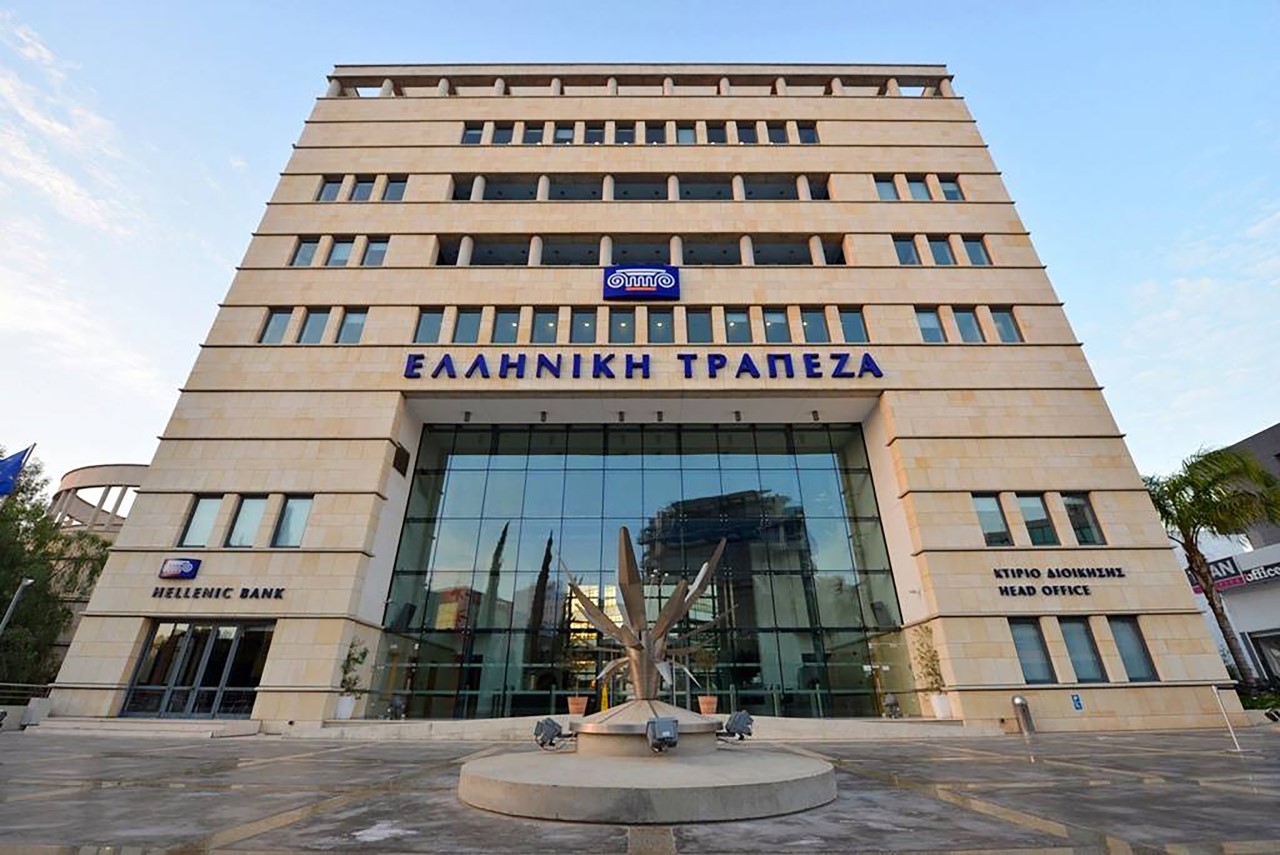The House on Thursday passed a law making some 1,000 former bank employees eligible for unemployment benefit, in what some commentators earlier called a scandalous arrangement.
The government bill, amending the Social Insurance Law, passed with 47 votes for, two against.
It concerns around 1,000 former workers at Bank of Cyprus, Hellenic Bank and Alpha Bank who, having opted for early retirement, coming with generous compensation packages, subsequently applied to the Social Insurance Fund for unemployment benefits.
Under the amendment now passed, salaried employees whose employment is terminated and who receive payment [compensation] essentially equal to that which they would have received had their employment continued, are eligible for unemployment benefit.
Timewise, the change has limited application. Initially the government bill proposed a period of application from April 1, 2022 to May 31 this year – precisely to cover the bank employees in question.
But the text was later amended, and the change will now cover the period from April 1, 2022 through to December 31, 2023. This was done in order to extend eligibility for unemployment benefit to employees who may take up voluntary exit schemes this year as well.
New Labour Minister Yiannis Panayiotou acquiesced to the change.
During the election campaign, then-candidate Nikos Christodoulides had pledged to treat the bank employees favourably should he win the presidency.
This was despite a legal opinion delivered late last year by the attorney-general, who said the individuals in question were ineligible for the benefit. These persons, the AG said at the time, could not be considered unemployed in the traditional sense as they left through a voluntary plan, receiving redundancy and additional from their employer.
The AG’s decision met with strong reaction from the powerful bank employees’ union Etyk.
The syndicate countered that many bank workers opting for early retirement had done so precisely because they had counted on also getting unemployment benefit, based on the expectation from prior practice.
For years, people in the banking sector taking early exit plans had received unemployment benefit for a period of six months. But this had been based on custom, rather than on anything in writing.
But in 2022 a court threw a spanner in the works, finding against a private-sector employee (not in banking) who had applied for unemployment benefit after taking an early retirement package. The person filed a lawsuit after his application for the benefit was denied.
The court ruled against him, finding that he had been adequately compensated by his former employer.
Using this judgment as a precedent, the Social Insurance Department put on hold the benefit applications of the 1,000 bank employees, and the matter remained in limbo.
Bank employees retiring early additionally benefit from zero tax on their compensation for amounts up to €200,000.
Moreover, for two years they remain eligible for supplementary healthcare plans offered to bank union members. And they also remain eligible for low-interest home and student loans, per their employment contracts.
Plus, they and their dependents enjoy insurance coverage from their banks for two years.
The amendment passed on Thursday is a temporary fix, as it was custom-made to apply to the case of the bank employees for the years 2022 and 2023.
The labour minister has said a more permanent solution is needed to regulate the issue of who is eligible for unemployment benefit. He will be initiating consultations with stakeholders, and come back in May with a proposal for a comprehensive solution.







Click here to change your cookie preferences